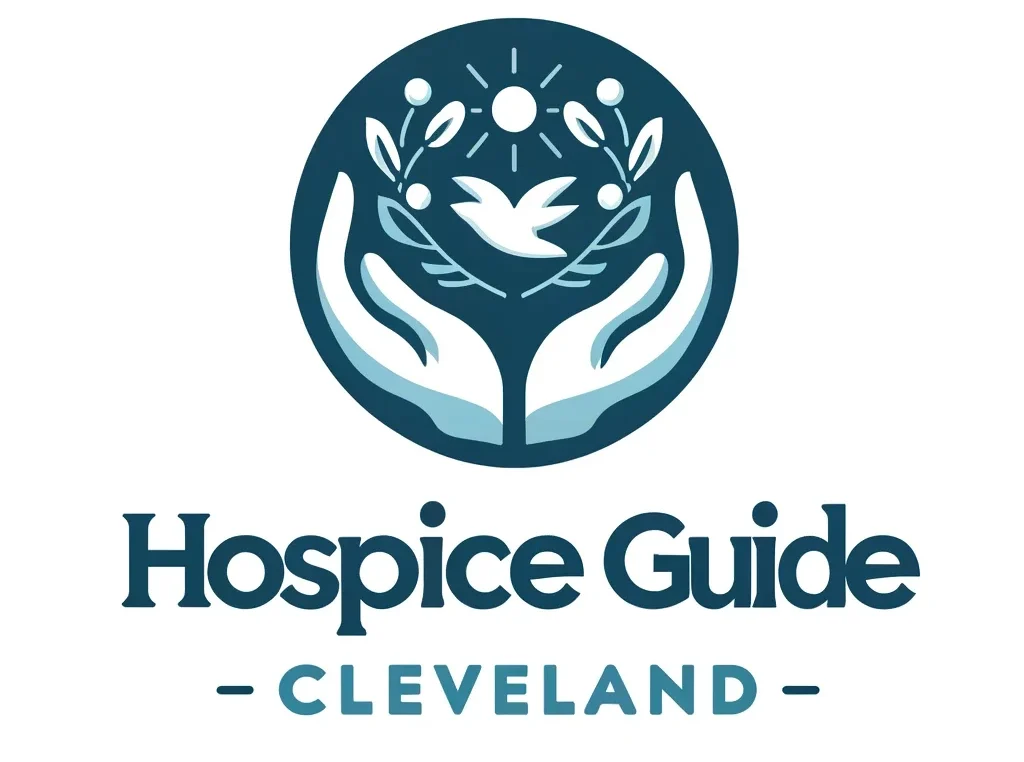Hospice Personal Care Assistance is a critical component of hospice care, which focuses on providing compassionate support and dignity to individuals nearing the end of life.
This aspect of care is dedicated to maintaining the quality of life for patients by helping them with daily personal tasks that have become challenging due to progressive illness.
The assistance includes a range of services such as bathing, dressing, grooming, and other forms of personal care.
These services are provided by skilled professionals who understand the sensitivity required for end-of-life care and are trained to offer support in a respectful and dignifying manner.

The central objective of hospice care, and by extension Personal Care Assistance, is to afford patients the ability to spend their remaining days in comfort and peace.
Such care is not designed to cure the underlying illness, but rather to manage symptoms and provide emotional and practical support to patients and their families.
Personal Care Assistants work closely with the hospice care team to ensure that the specific needs of each patient are met, aligning their support with a personalized care plan.
In the realm of end-of-life care, the role of Personal Care Assistance is pivotal in enhancing a patient’s day-to-day experience.
The focus on individual needs and preferences is a hallmark of this service, ensuring that those in the final stages of life are not only well cared for but also retain a sense of autonomy and dignity.
This close attention to individual care can provide significant comfort to both patients and their families, anchoring hospice care as an invaluable resource in the emotional journey toward life’s end.
Understanding Hospice Personal Care Assistance

Hospice Personal Care Assistance provides support to patients with a life-limiting illness, involving a collaborative care team focused on comfort and quality of life.
Hospice Care Team and Roles
Hospice integrates a multidisciplinary team to address the complex needs of patients at the end of life.
Key personnel include:
- Doctors and Nurses: Oversee medical care and manage symptoms.
- Hospice Aides and Home Health Aides: Offer assistance with personal care such as bathing and grooming.
- Social Workers: Provide emotional support and help with accessing resources.
- Chaplains or Spiritual Counselors: Offer spiritual support tailored to the patient’s beliefs.
- Trained Volunteers: Can assist with companionship and non-medical support.
Members work together with the patient and their family to provide a cohesive care experience.
Personal Care Services in Hospice
Personal care in hospice typically includes:
- Personal Hygiene: Assisting with bathing, grooming, and dental care.
- Mobility: Helping patients move, walk, or reposition to prevent bedsores.
- Light Housekeeping: Maintaining a clean living space for comfort and safety.
- Emotional Support: Providing companionship and alleviating caregiver stress.
These services are delivered with respect to the dignity and preferences of the individual receiving care.
Eligibility and Coverage for Hospice
Patients become eligible for hospice when they:
- Are diagnosed with a terminal illness with a prognosis of six months or less, should the disease run its normal course.
- Choose palliative care over curative treatment for their condition.
Coverage is generally provided by:
- Medicare (Original Medicare and Medicare Advantage Plan)
- Medicaid
- Most private health insurance plans
These programs usually cover all associated costs of hospice care, including personal care assistance, as part of the Medicare-approved benefit periods.
Support Beyond Medical Needs

Hospice personal care assistance encompasses various services to improve the quality of life for patients beyond traditional medical care. Not only does it address physical comfort, but it also provides emotional, spiritual, and financial support tailored to the unique needs of patients and their families during this challenging time.
Navigating Emotional and Spiritual Needs
Personal care in hospice extends to emotional support and spiritual care for patients and their families.
Professional counselors and spiritual advisors aim to offer comfort and guidance to manage grief and existential concerns.
Emotional and spiritual care often includes:
- Individual and group counseling sessions
- Access to spiritual advisors
- Tailored support systems for bereavement
Final Stages of Care and Family Guidance
During the final stages of life, patients and their families receive essential guidance and support.
Hospice care teams ensure that:
- Patients maintain comfort as a priority
- Family members are prepared with advance care planning
- Provided bereavement support prepares family members for grief and loss
Support also includes respite care, offering relief to primary caregivers and ensuring patient needs are continuously met.
Hospice Coverage, Costs, and Considerations
Insurance policies play a significant role in hospice care, with most of the costs covered under plans like Medicare, Medicaid, and private insurance.
Here are some critical points regarding finances:
- Hospice care is typically covered by insurance, including Medicare and Medicaid.
- Some services, such as room and board in an inpatient facility, may not be fully covered, leaving families to inquire about community resources.
- Each insurance plan may have specifics regarding the benefit period or deductible, so families are advised to consult with their provider for details.
Frequently Asked Questions

This section provides clear, factual answers to common inquiries regarding hospice Personal Care Assistance.
What are the certification and training requirements for a hospice aide?
Hospice aides are typically required to have a certification in home health or hospice care, which they can obtain after completing state-approved training programs.
They must also pass a competency evaluation and undergo continuing education to maintain their qualifications.
How does hospice care at home get covered by Medicaid?
Medicaid covers hospice care at home under certain conditions, including a doctor’s certification of a terminal illness with a life expectancy of six months or less, and the choice of hospice care over other Medicare-covered treatments for the terminal illness.
What differentiates a Hospice Aide from a Certified Nursing Assistant?
A Hospice Aide specializes in end-of-life care, providing comfort and support specifically tailored to individuals with terminal illnesses, which differs from a Certified Nursing Assistant who offers more general patient care and may work in a variety of healthcare settings.
What duties and responsibilities are typically expected of a hospice aide?
Hospice aides are responsible for assisting patients with personal care needs, such as bathing, dressing, and toileting.
They also provide emotional support, companionship, and basic health services under the supervision of a registered nurse or a therapist.
Is it possible to simultaneously receive Medicare benefits for both hospice and home health services?
Generally, an individual cannot receive both Medicare-covered home health services and hospice benefits at the same time as they are designed to meet different types of health care needs.
What are the eligibility criteria for a Personal Care Assistant under the Massachusetts PCA program?
To be eligible for a Personal Care Assistant under the Massachusetts PCA program, an individual must be a Medicaid recipient. They also need to have a chronic or permanent disability that impairs their ability to perform everyday activities without assistance.

